Last updated on February 26th, 2025 at 12:58 pm
Bodo Traditional Items Gets GI Tags: The Government of India has awarded Geographical Indication (GI) Tags to 21 traditional items from the Bodo community in Assam, recognizing their cultural significance and uniqueness.
On the auspicious occasion of Bodofa UN Brahma’s birth anniversary on March 31, 2024, 13 GI tags were conferred. An additional eight GI tags were granted on October 2, 2024. This official recognition will not only enhance the visibility of these products in the market but also help preserve their distinctive qualities for future generations.
Bodo Traditional Items Gets GI Tags for 21 Products
On the auspicious occasion of Bodofa UN Brahma’s birth anniversary, celebrated on March 31, 2024, the Government of India awarded 13 Geographical Indication (GI) tags to traditional Bodo products, recognizing their cultural significance. Furthermore, an additional eight GI tags were granted on October 2, 2024, further cementing the importance of these unique items in preserving the Bodo community’s rich heritage.
Here’s a list of the 21 traditional Bodo products that have received Geographical Indication (GI) Tags:
- 5 Bodo traditional attire– Dokhona, Eri Silk, Jwmgra, Gamsa, Aronai
- 3 Agricultural products- Keradapini, Khardwi, Gongar Dunjia
- 6 Musical instruments- Kham, Serja, Sifung, Thorkha, Gongona, Jotha
- 4 Food items- Napham, Onla, Gwkha-Gwkhwi, Narzi
- 3 Beverage- Jou Maibra Bidwi, Jou Gishi, Jou Gwran
Explore GI Tag in Assam [2025]
Bodo Community Tradition Items GI Tags Details
| S.No | Goods | Geographical Indications | Application No. | Date |
|---|---|---|---|---|
| 1 | Handicraft | Bodo Dokhona | 956 | Apr 2023 – Mar 2024 |
| 2 | Handicraft | Bodo Eri Silk | 960 | Apr 2023 – Mar 2024 |
| 3 | Handicraft | Bodo Jwmgra | 961 | Apr 2023 – Mar 2024 |
| 4 | Handicraft | Bodo Gamsa | 962 | Apr 2023 – Mar 2024 |
| 5 | Agricultural | Bodo Keradapini | 963 | Apr 2023 – Mar 2024 |
| 6 | Agricultural | Bodo Khardwi | 975 | Apr 2023 – Mar 2024 |
| 7 | Agricultural | Bodo Gongar Dunjia | 971 | Apr 2023 – Mar 2024 |
| 8 | Handicraft | Bodo Kham | 972 | Apr 2023 – Mar 2024 |
| 9 | Handicraft | Bodo Serja | 973 | Apr 2023 – Mar 2024 |
| 10 | Handicraft | Bodo Sifung | 974 | Apr 2023 – Mar 2024 |
| 11 | Handicraft | Bodo Thorkha | 965 | Apr 2023 – Mar 2024 |
| 12 | Handicraft | Bodo Gongona | 977 | Apr 2023 – Mar 2024 |
| 13 | Handicraft | Bodo Jotha | 978 | Apr 2023 – Mar 2024 |
| 14 | Textiles | Bodo Aronai | 958 | Aug 2022- Oct 2024 |
| 15 | Food | Napham | 964 | Aug 2022- Oct 2024 |
| 16 | Agricultural | Onla/ Ondla | 966 | Aug 2022- Oct 2024 |
| 17 | Agricultural | Gwkha Gwkhwi | 967 | Aug 2022- Oct 2024 |
| 18 | Agricultural | Bodo Narzi | 976 | Aug 2022- Oct 2024 |
| 19 | Manufactured | Bodo Jou Maibra Bidwi | 650 | Aug 2022- Oct 2024 |
| 20 | Manufactured | Jou Gwran | 648 | Aug 2022- Oct 2024 |
| 21 | Manufactured | Jou Gishi | 969 | Aug 2022- Oct 2024 |
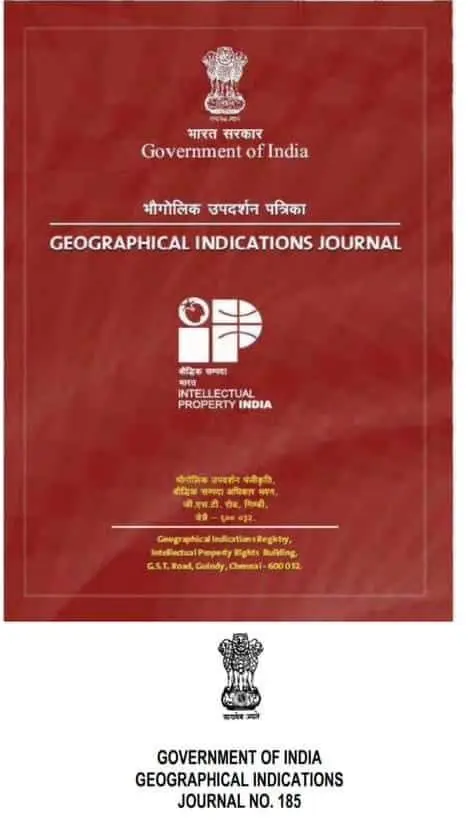
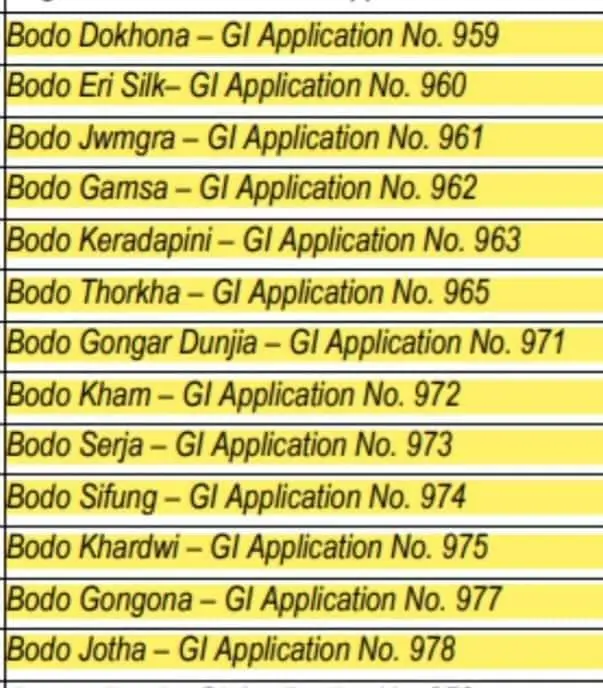
You can check the registered GIs for the list, though the latest ones haven’t been updated yet.
List of Bodo Traditional GI Tag Products
A total of 21 Bodo traditional items have been awarded Geographical Indication (GI) tags, recognizing their cultural and historical significance. Here are the details of the GI-tagged items:
1. Bodo Dokhona
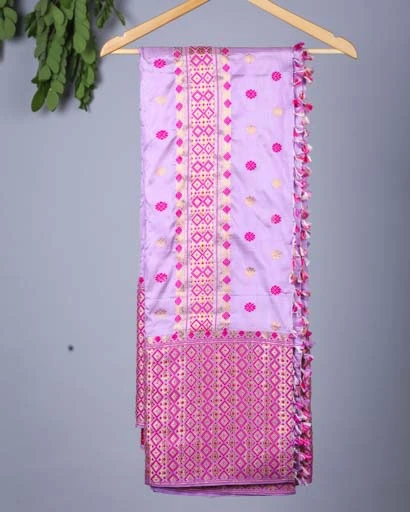
Bodo Dokhona is the traditional dress for Bodo women. It is an one-piece garment that looks like a two-piece outfit when worn.
2. Bodo Eri Silk
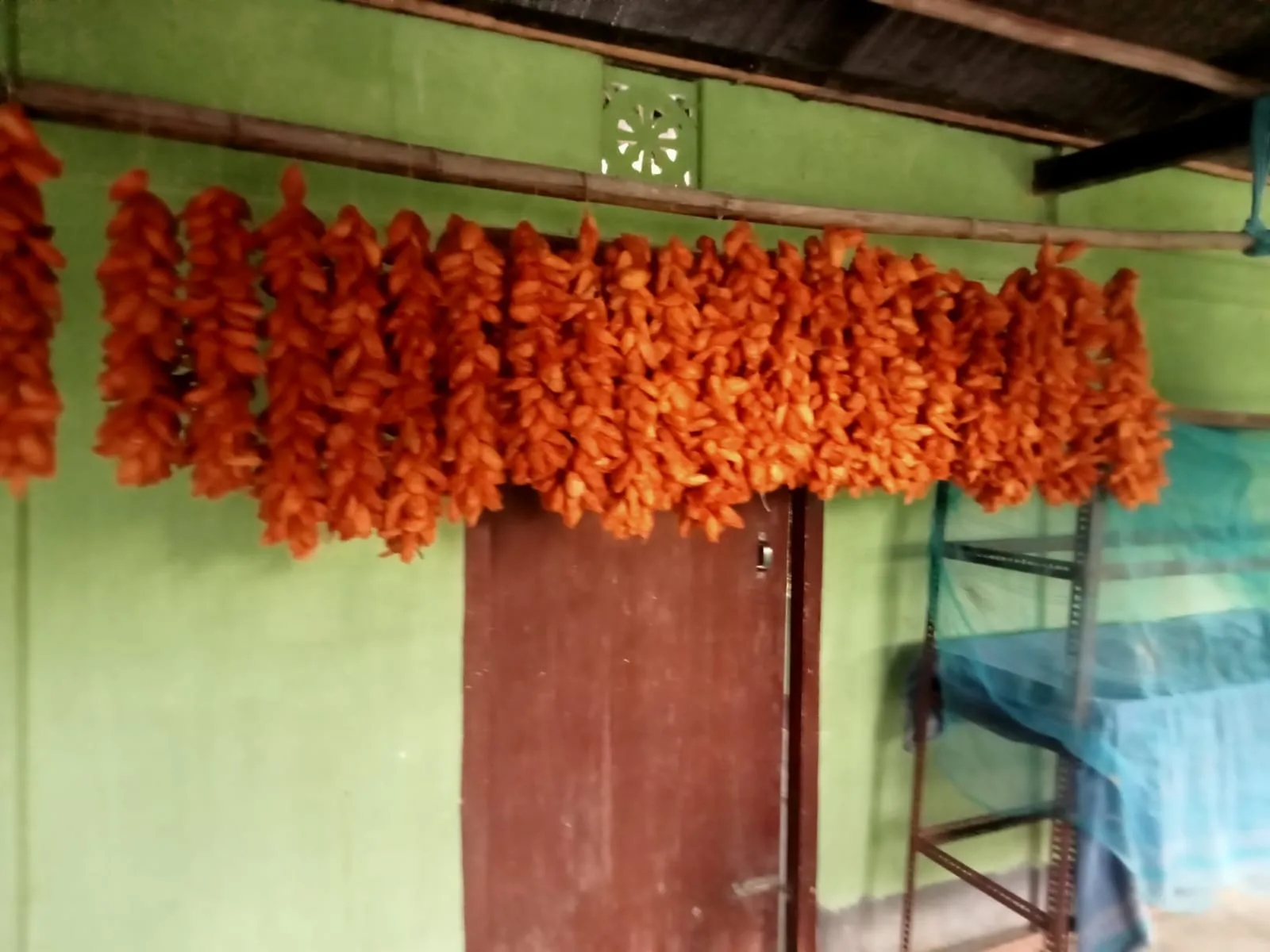
The Bodo Indigenous people in Assam, India introduced the practice of raising, and weaving Eri Silkworms. This type of silk comes from the Samia Cynthia Ricini or Philosomia Ricini moth.
3. Bodo Jwmgra
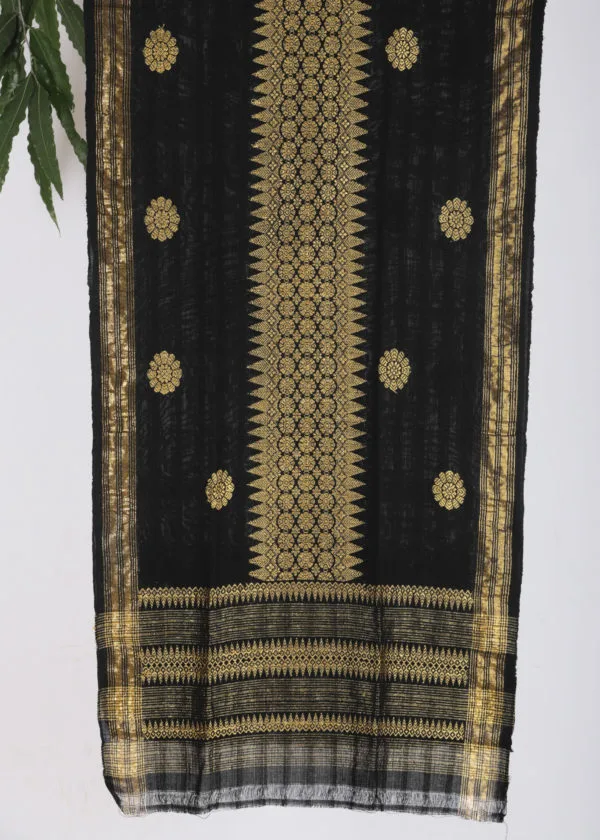
Bodo Jwmgra or Fashra or Pali or Rege-Regang is a long scarf worn by Bodo women alongwith Dokhona.
4. Bodo Gamsa
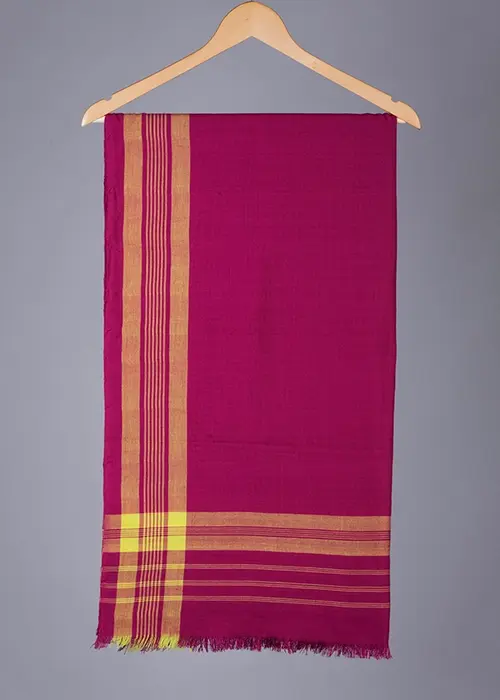
Bodo Gamsa is a traditional attire of Bodo Men. It is worn by tying it around the waist, covering from the waist to the knee.
5. Bodo Keradapini
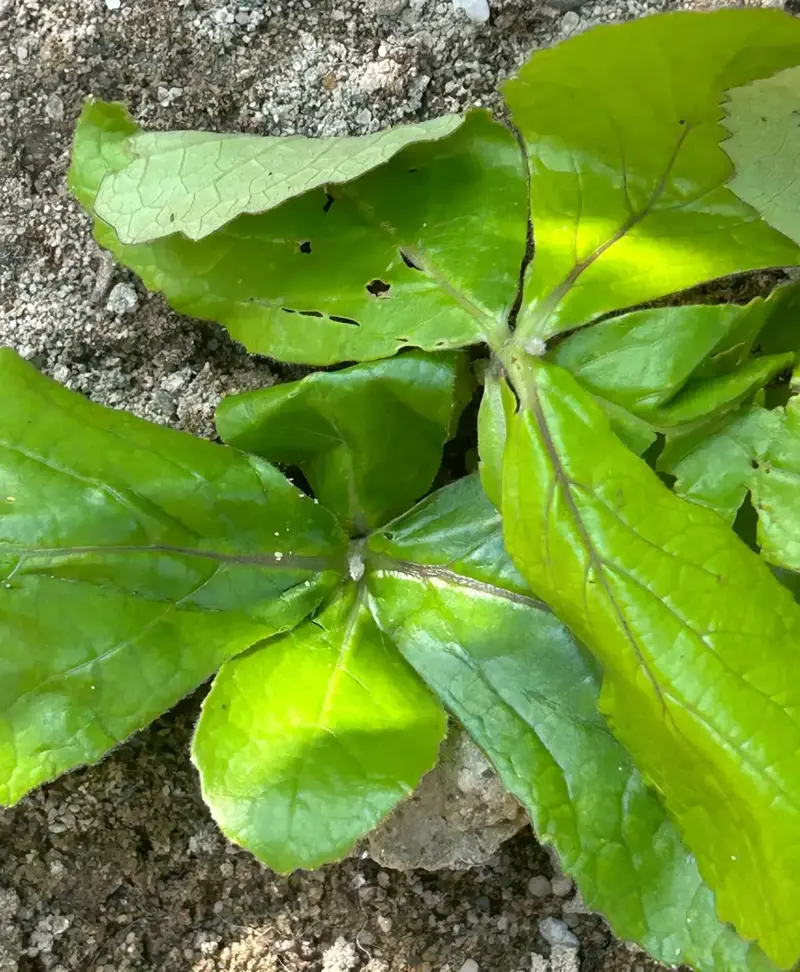
Bodo Keradapini is a small leafy vegetable that grows almost stemless.
6. Bodo Khardwi



Khardwi is a liquid similar to soda made by filtering ash powder produced from burning dried banana stems, bamboo, coconut coirs, or potato plants. It is a key ingredient in traditional Bodo cuisines.
7. Bodo Gongar Dunjia
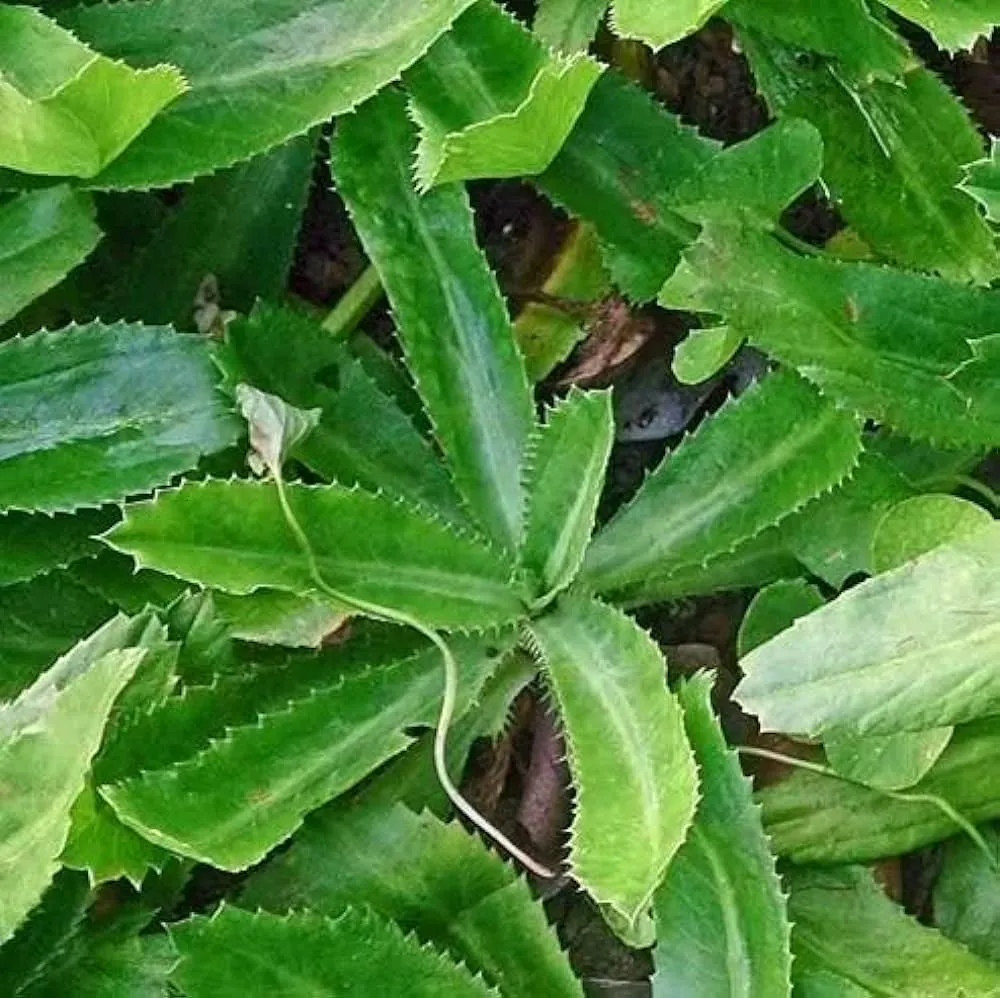
Boro Gongar Dunjia is a leafy vegetable commonly used to season foods. It is like a coriander but has a stronger aroma and flavor.
8. Bodo Kham

Bodo Kham is a drum, a traditional musical instrument of the Bodo community made from the wood of trees like Alstonia scholaris, Jackfruit, Mango, or Sterculia villosa.
9. Bodo Serja
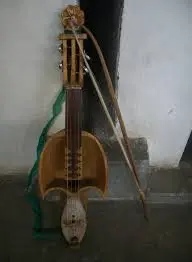
Bodo Serja is an traditional musical instrument of the Bodo community crafted from Alstonia scholaris and Jackfruit wood. The instrument has four strings.
10. Bodo Sifung

Bodo Sifung is a long bamboo flute, a traditional musical instrument of the Bodo community made from Owajlaw (Bambusa pallida) and Owathare (Bambusa assamica), with five playing holes and one blowing hole.
11. Bodo Thorkha
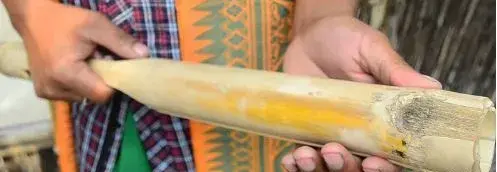
Bodo Thorkha, also known as the bamboo clapper, is a traditional musical instrument of the Bodo community made from Bambusa tulda. It is crafted by splitting a bamboo piece in half lengthwise and played by grasping it with both hands.
12. Bodo Gongona

Bodo Gongana is a traditional wind instrument used by the Bodo people. It is a type of bamboo instrument made from Bambusa assamica. It has a flat shape with a single internode. Gongana is mostly played by the Bodo women.
13. Bodo Jotha
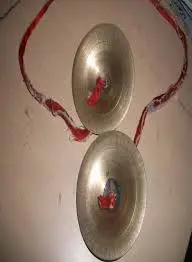
The Bodo jotha is a musical instrument made up of two basin-shaped pieces that are hit together to create sound. Jotha is called a cymbal in English.
14. Bodo Jou Gishi
Bodo Jou Gishi was awarded the Geographical Indication (GI) Tag on October 2, 2024. Jou Gishi is a traditional rice beer of the Bodo people, with a rich history that traces back to ancient times. Brewing rice beer has been an essential part of Bodo culture and tradition for centuries, passed down through generations as a symbol of community and celebration.
15. Bodo Aronai
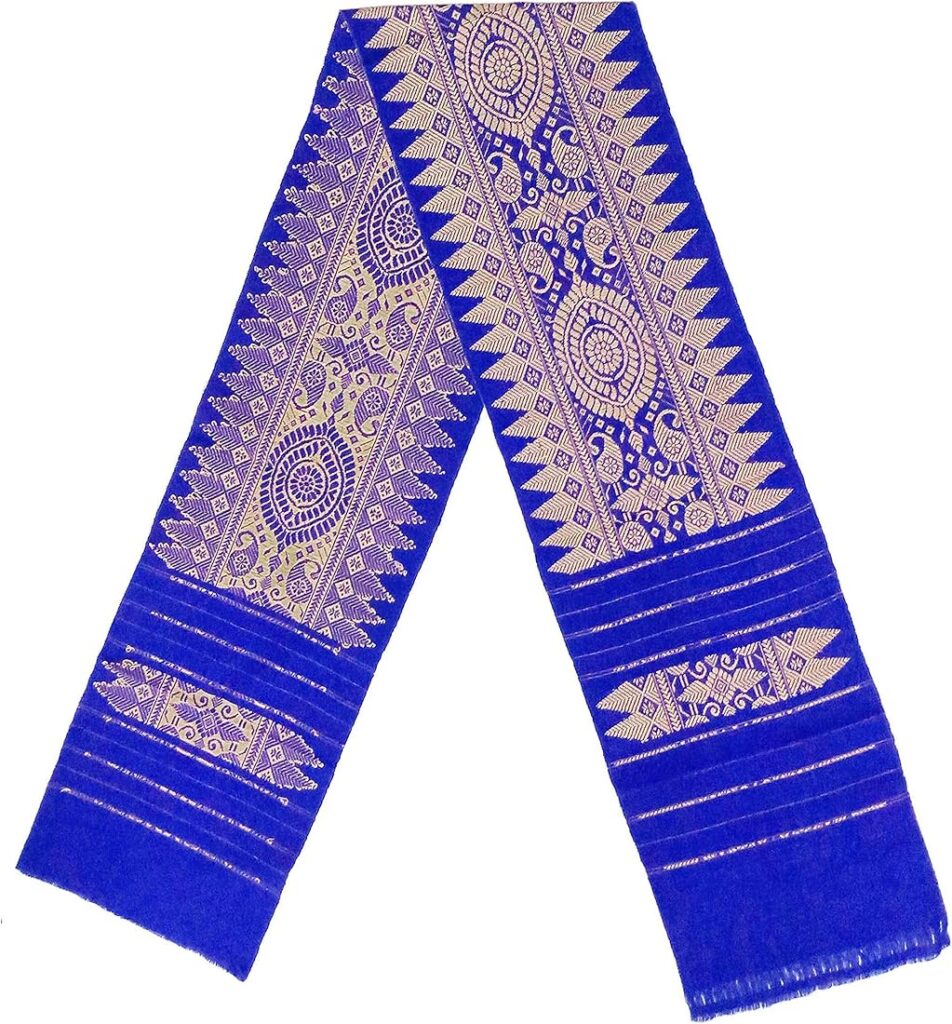
Bodo Aronai received the Geographical Indication (GI) Tag on October 2, 2024. Aronai is a symbol of pride for the Bodo people, representing their cultural heritage and identity. This handwoven textile is crafted with intricate designs inspired by nature, reflecting the deep connection between the Bodo community and their environment.
16. Bodo Napam

Bodo Napham received the Geographical Indication (GI) Tag on October 2, 2024. Napham is a traditional Bodo fermented fish, carefully stored in a cool place to enhance its flavor and make it even more delicious. As a key element of Bodo cuisine, Napham holds a special place in the community’s culinary heritage, offering a unique taste that reflects the rich food traditions of the Bodo people.
17. Bodo Ondla
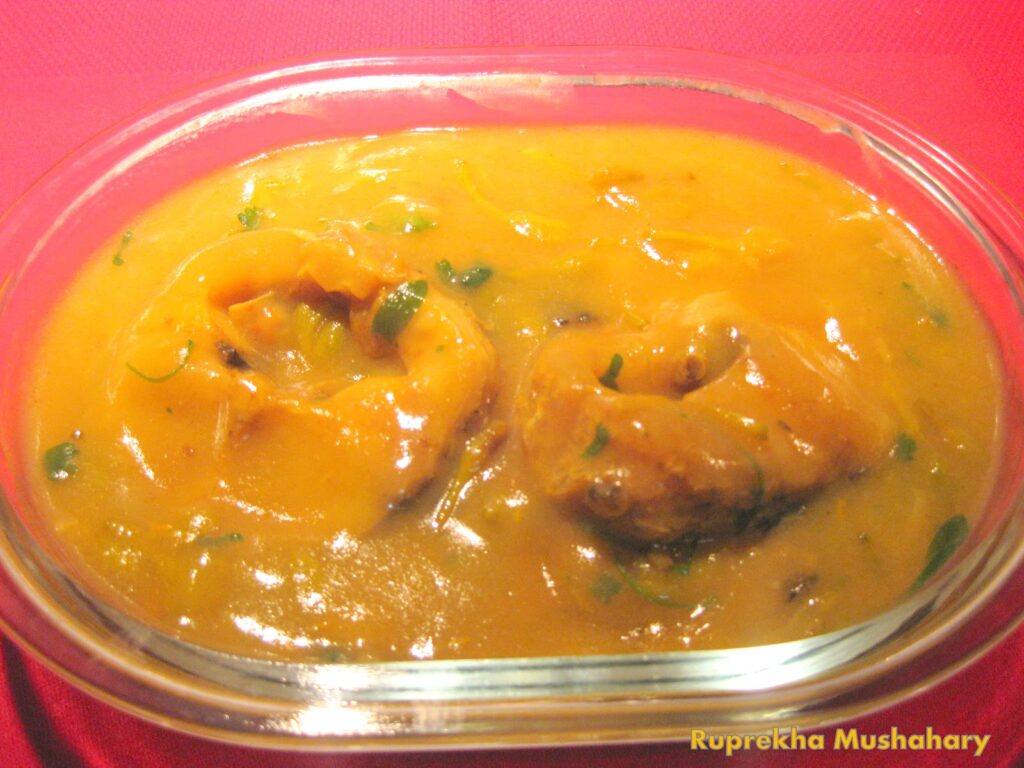
Bodo Onla received the Geographical Indication (GI) Tag on October 2, 2024. Onla is a traditional rice powder curry, deeply cherished by the Bodo people. Known for its distinctive taste, it is a beloved dish that holds a special place in the Bodo culinary tradition.
18. Bodo Gwkha Gwkhwi
Bodo Gwkha received the Geographical Indication (GI) Tag on October 2, 2024. Also known as Gwkha-Gwkhwi, this traditional curry is commonly prepared during the Bwisagu festival. Made with over 100 mixed vegetables, Gwkha is not only a flavorful dish but also holds significant cultural importance. The Bodo people believe that consuming Gwkha offers various health benefits, making it an essential part of their culinary tradition.
19. Bodo Narzi
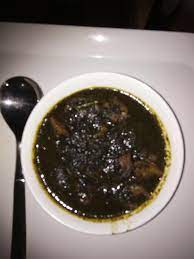
Bodo Narzi received the Geographical Indication (GI) Tag on October 2, 2024. Narzi is a semi-fermented dish made from jute leaves, known for its high nutritional value. There are two distinct types of Narzi: Bitter Narzi and Sweet Non-Bitter Narzi, both of which are cherished for their unique flavors and health benefits in Bodo cuisine.
20. Bodo Jou Maibra Bidwi
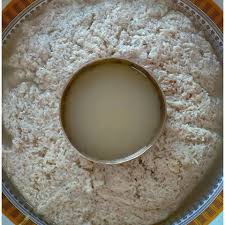
Bodo Jou Maibra Bidwi received the Geographical Indication (GI) Tag on October 2, 2024. Jou Bidwi is a traditional Bodo welcome drink, made by fermenting half-cooked rice with a natural yeast called amao. This refreshing beverage holds cultural significance, often served to guests as a symbol of hospitality and warmth in Bodo communities.
21. Bodo Jou Gwran
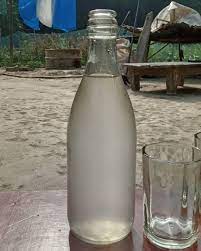
Bodo Jou Gwran received the Geographical Indication (GI) Tag on October 2, 2024. Known as the strongest of all rice beers, Jou Gwran contains an alcohol content of approximately 16.11%. This traditional Bodo beverage is cherished for its unique strength and flavor, making it a significant part of the community’s cultural heritage.
What is Geographical Indications (GIs)?
A Geographical indication or GI is a tag used for products originating from a specific place and having distinct qualities. It helps people recognize and separate products based on their origins and what makes them unique. To qualify as a GI, the label must indicate the product’s place of production.
Important Links
| Bodo Dokhona GI tag registration pdf download | Download Here |
| Bodo Eri Silk GI tag registration pdf download | Download Here |
| Bodo Jwmgra GI tag registration pdf download | Download Here |
| Bodo Gamsa GI tag registration pdf download | Download Here |
| Bodo Keradapini GI tag registration pdf download | Download Here |
| Bodo Khardwi GI tag registration pdf download | Download Here |
| Bodo Gongar Dunjia GI tag registration pdf download | Download Here |
| Bodo Kham GI tag registration pdf download | Download Here |
| Bodo Serja GI tag registration pdf download | Download Here |
| Bodo Sifung GI tag registration pdf download | Download Here |
| Bodo Thorkha GI tag registration pdf download | Download Here |
| Bodo Gongona GI tag registration pdf download | Download Here |
| Bodo Jotha GI tag registration pdf download | Download Here |
| Bodo Jou Gishi GI tag registration pdf download | Download Here |
| Bodo Aronai GI tag registration pdf download | Download Here |
| Bodo Napam GI tag registration pdf download | Download Here |
| Bodo Ondla GI tag registration pdf download | Download Here |
| Bodo Gwkha Gwkhwi GI tag registration pdf download | Download Here |
| Bodo Narzi GI tag registration pdf download | Download Here |
| Bodo Jou Maibra Bidwi GI tag registration pdf download | Download Here |
| Bodo Jou Gwran GI tag registration pdf download | Download Here |
Bodo Traditional Items Gets GI Tags for 21 Products FAQs
1. How many Bodo traditional products were granted GI tags?
There are total of 21 Bodo traditional products that were granted GI tags.
5 Bodo traditional attire– Dokhona, Eri Silk, Jwmgra, Gamsa, Aronai
3 Agricultural products- Keradapini, Khardwi, Gongar Dunjia
6 Musical instruments- Kham, Serja, Sifung, Thorkha, Gongona, Jotha
4 Food items- Napham, Onla, Gwkha-Gwkhwi, Narzi
3 Beverage- Jou Maibra Bidwi, Jou Gishi, Jou Gwran